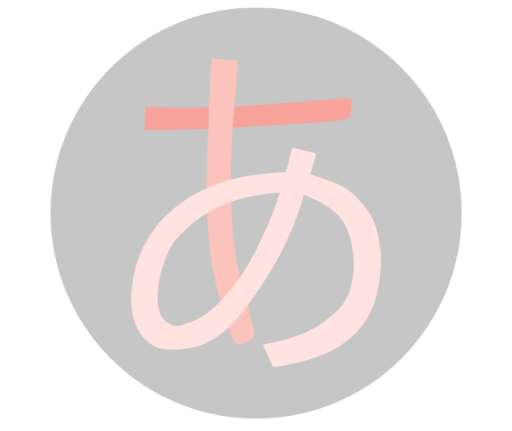
Free Japanese Quiz
for Beginners
expressions using Verb te Form
32-1
the state resulting
Verbて-います
きています
いっています
しっています
Please change the verbs to an expression of “the state resulting”.
Please touch “answer” to see the answer.
1.
ゆかに ほんが ( おちます → )。
There is a book on the floor.
2.
みせが ( しまります → )。
The shop is closed.
3.
シャツが ( よごれます → )。
There is a stain on my shirts.
4.
きのうの たいふうで まどが ( われます → )。
The window was broken due to yesterday’s typhoon.
5.
かばんが ( あきます → ) よ。
Your bag is open.
6.
かれは くろい ジャケットを ( きます → )。
He is wearing a black jacket.
7.
すずきさんは こんしゅう かんこくへ ( いきます → )。
Ms.Suzuki has gone to Korea this week.
8.
エマさんの メールアドレスを ( しります → ) か?
Do you know Emma’s mail address?

Grammar
… が Intransitive Verb te Form います
meaning : the state resultingIt means “the result of an action” or “the effect” remains in the same state.
example (1)
( It is raining, so the road is wet. )

an hour later …
( It isn’t raining anymore, but the road is wet. )

example (2)
( Her wallet dropped. )

later …
( There is a wallet on the road. )

Non-volitional Intransitive Verb is used.
( flowers bloom )
・はれます
( the sly is clear )
・しにます
( to die )
・ぬれます
( to get wet )
・あきます
( something opens )
・しまります
( something closes )
・つきます
( the light is on )
・きえます
( the light is off )
・とまります
( something stops )
・おちます
( something falls )
( The clock is stopped. It looks like out of battery. )
( This vending machine is broken. Nothing comes out. )
( There is dust in my coffee. )
( The insect is dead. )
きています
meaning : is wearingThis is an expression that you talk about clothes.
in the morning
( I put on a black sweater. )
now
( I am wearing a black sweater. )
Please describe her outfit.

あかい ぼうしを かぶっています。
( She’s wearing a red hat. )
しろい ジャケットを きています。
( She’s wearing a white jacket. )
くろい スカートを はいています。
( She’s wearing a black skirt. )
くろい タイツを はいています。
( She’s wearing black tights. )
くろい くつを はいています。
( She’s wearing black shoes. )
くろい ブーツを はいています。
( She’s wearing black boots. )
Verbs related to clothes, shoes, or jewelry
shirts・jacket
・ジャケットを きます
skirt・pants・underwear・shoes・socks
・ズボンを はきます
・パンツを はきます
・くつを はきます
・くつしたを はきます
cap・hat
glasses・sunglasses
・サングラスを かけます
ring・accessory・tie・neck warmer
・アクセサリーを します
・ネクタイを します
・マフラーを します
いっています
meaning : have gone toIt means that someone moved to some place and he or she is currently staying there.
a week ago
( Ms.Suzuki left for Hong Kong. )
now
( She is still in Hong Kong. )
Verbs related to “go & come” is used in this sentence pattern.
( Mr.Tanaka left for US and he is in US this week. )
( Ms.Wong came to Japan and he is in Japan now. )
( Paul has gone back to France this month. )
しっています
meaning : to knowa week ago
( Ms.Sato told me her phone number. )
now
( I know Ms.Sato’s phone number. )
“to know” is “しっています” in Japanese, not “しります”.
( Do you know Ms.Sasaki’s address? )
B : はい、しっています。
( Yes, I know. )
“しりません” is used for a negative form, not “しっていません”.
( Do you know Ms.Sasaki’s address? )
B : いいえ、しりません。
( No, I don’t know. )
1. The lights are off.
2. The cup is broken.
3. She is wearing a long skirt.
4. Jiro left for Hawaii and he’s in Hawaii now.
5. Do you know Mr.Yamamoto?
link
Japanese broadcasting station, NHK site helps you to learn Hiragana, Katakana, and Kanji.
